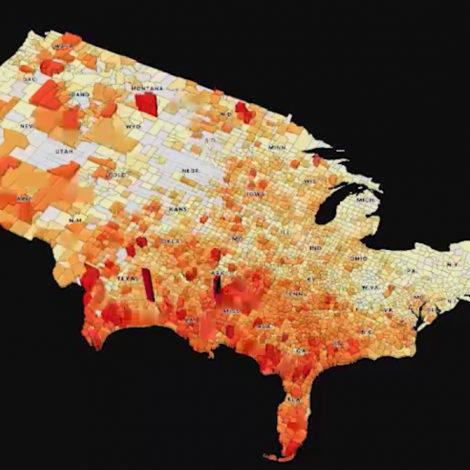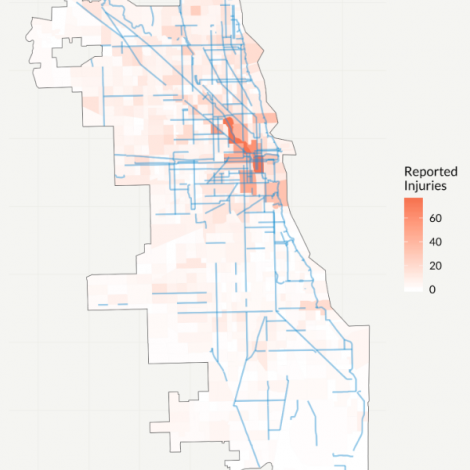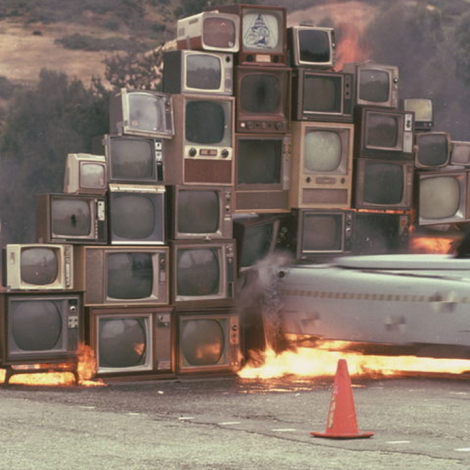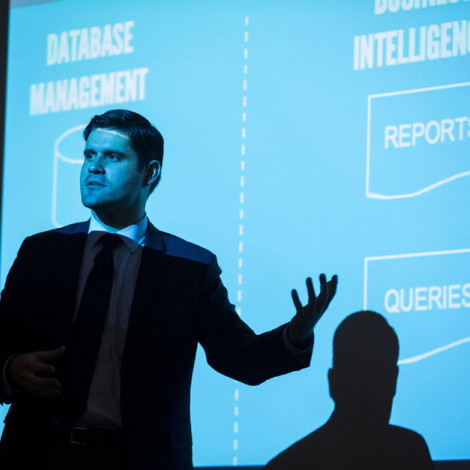Our specialized series dedicated to Chicago-based sources of research. This series attempts to bring to the forefront a series of underutilized datasets you may not have heard of.
ENERGY STAR - April 19, 2021
During this interactive conversation, students and staff alike will have the opportunity to directly experience a deep dive into the ENERGY STAR data portal and take a look at how the University’s environmental impact is displayed within the campus’ energy use benchmarking.
US COVID Atlas - April 6, 2021
In this talk Marynia Kolak, MS, MFA, PhD, highlights recent projects (including the US Covid Atlas) with a focus on Chicago and shares lessons learned around how this kind of research can best make an impact in policy and public spaces.
Intro to R for Urban Environmental Data - March 12, 2021
Hosted by the UChicago College Researchers on Urban Environment (CRUE), and led by Nico Marchio, Research Data Scientist for the Mansueto Institute, join Chicago Studies for an introductory webinar on how to analyze, interpret, and visualize City of Chicago census data.
Chicago History Museum - February 9. 2021
This session will introduce participants to the Chicago History Museum's Research Center, which holds the printed material, archives and manuscripts, prints and photographs, architectural drawings, and assorted ephemera of the Chicago History Museum. Join Chicago Studies and Ellen Keith, Director of Research and Access and Chief Librarian at the Chicago History Museum, for an in depth look at the fascinating resources available through the Research Center.
Storytelling with Urban Data Visualizations - November 18, 2020
Our third session took a deep dive into a set of Chicago data visualizations with Nico Marchio, research data scientist with the Mansueto Institute for Urban Innovation. Nico offered participants a high-level "life-cycle analysis" of a data visualization: How does raw data translate into research questions, and then synthetic representations of conclusions? What choices must be made along the way? What makes a visualization effective? How can representations tell a story (or tell lies)? And how might the exigencies of representations shape the research that "produces" them?
Media Burn Archive - October 28, 2020
This session introduced participants to the Media Burn Archive, a nonprofit video archive in Chicago that collects, restores and distributes documentary video created by artists, activists and community groups. Their mission is to use archival media to deepen context and encourage critical thought through a social justice lens. How did such a collection come to be, and how does their mission influence the choices they make about curation and the use of their collection for research and advocacy?
Chicago Data Portal - October 14, 2020
Our first session featured Tom Schenk, Jr. (@tomschenkjr), former Chief Data Officer of the City of Chicago and one of the architects of the City of Chicago Data Portal, a massive collection of data published regularly by the city government in response to an executive order by Mayor Rahm Emanuel in 2012. The portal was created, in part, to improve transparency in city government and its operations. But what data are included in the portal, and why? And how might this influence the kinds of research we can (and can't) do about Chicago, using this important information source?






